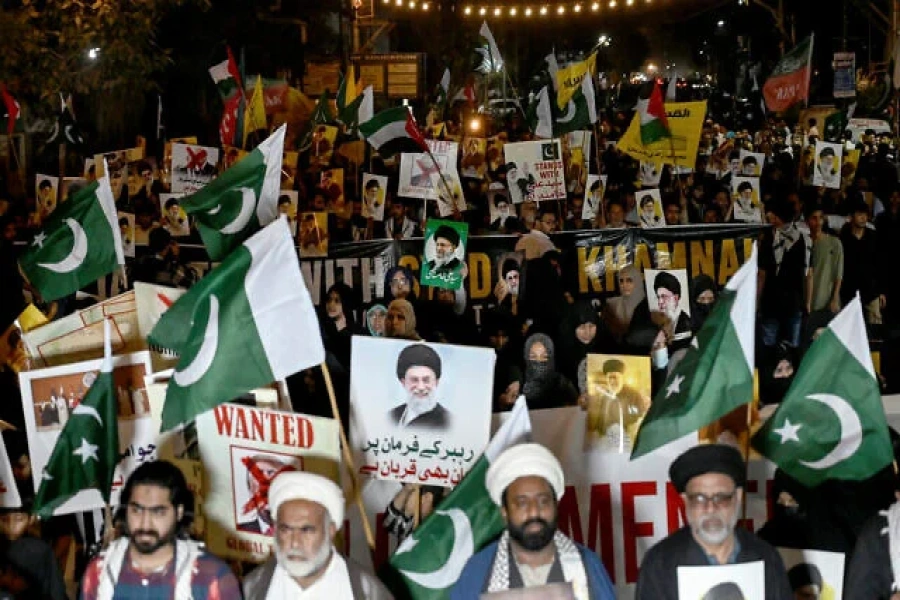The government is considering revising over a dozen laws to facilitate an enabling environment for potential investment ahead of the upcoming Nepal Investment Summit 2024. A meeting of the 3rd Investment Summit Directors’ Committee held on Thursday pledged to amend several laws related to facilitating investment in the country. The task force, led by Secretary at the Office of the Prime Minister and Council of Ministers Ek Narayan Aryal, presented a report in the meeting recommending various aspects of legal and policy reforms. The task force has urged the government to remove hassles that could hinder the implementation of approved projects through the amendment of laws. The proposal includes the bill formed to amend some acts to facilitate investment, which will shortly be presented before parliament for approval. The review of the Industrial Enterprise Act 2020, Foreign Investment and Technology Transfer Act 2019, Special Economic Zone Act 2017, Forest Act 2019, National Park and Wildlife Conservation Act 1973, Lands Act 1964, and Land Acquisition Act 1977 are some proposed measures by the task force. The task force has also recommended reviewing some provisions of the Environment Protection Act 2019, Electronic Transactions Act 2008, Nepal Civil Aviation Authority Act 1996, Foreign Investment and Technology Transfer Regulations 2021, and Forest Regulations 2023, which have been recommended for review.
Making time for your interests

In the Third Investment Summit scheduled to be held in Kathmandu from April 21 to 22, the government aims not only to attract foreign investment but also to encourage the mobilization of domestic investment and investment from non-resident Nepali communities. The government’s plan to bring amendments to various laws shows that it is more concerned about the outcomes of the upcoming summit. The government’s preparations come in line with the suggestions from various stakeholders that multiple reforms in laws, along with the coordination of rules and regulations, are required while simplifying bureaucratic procedures, starting from the company registration process, to attract more investment in the country. The government already organized two investment summits in 2017 and 2019 with much hype to attract foreign direct investment (FDI). However, the results were not encouraging. Although the Investment Summit 2017 concluded on a positive note, securing investment commitments totaling USD 13.5 billion from six countries, only a fraction of these commitments was materialized. This shows that Nepal needs to do more to bring in FDI.
Nepal is among those countries where official development assistance (ODA) and remittances are significantly higher compared to FDI. This Himalayan nation performs inadequately in terms of FDI inflow in South Asia, ranking sixth with a mere USD 65 million, according to the World Investment Report 2023. While the plan to bring amendments to various legislations is a decision in the right direction, Nepal must take a comprehensive strategy addressing various facets of its business environment to realize the FDI commitment. Ensuring a stable political environment is paramount, involving measures to instill confidence and implement transparent, long-term supportive policies. Investor-friendly regulations, including streamlined processes and incentives, can minimize bureaucratic obstacles. Infrastructure development, such as enhancing critical transportation and energy networks and establishing industrial zones, is critical in terms of reducing operational costs. Market access, technology and innovation focus, public-private partnerships, and sector-specific promotion equally contribute to an attractive investment climate. The government should consistently review and update these measures to align with evolving global trends and the unique characteristics of our economy to make Nepal investment-ready.






































